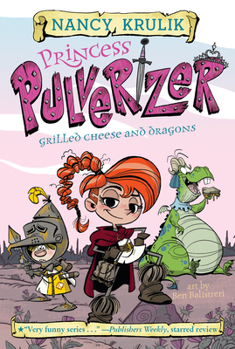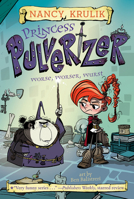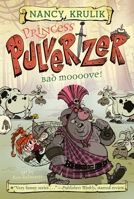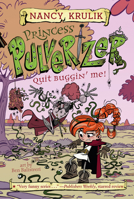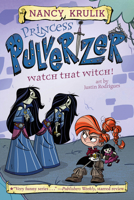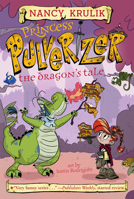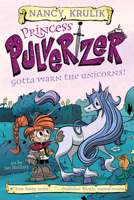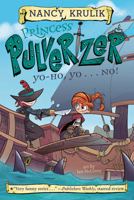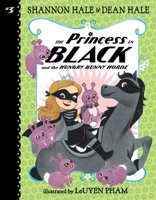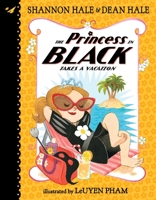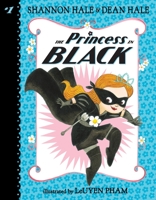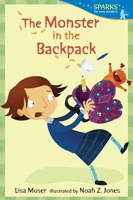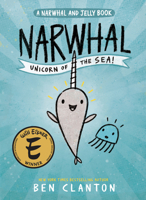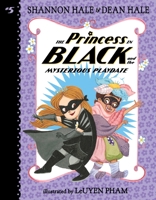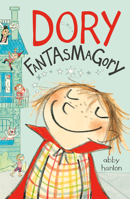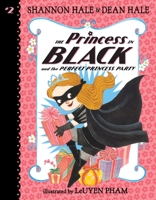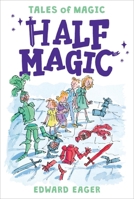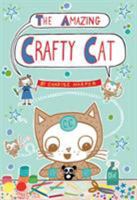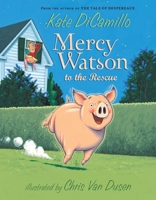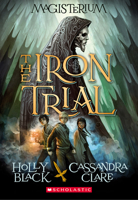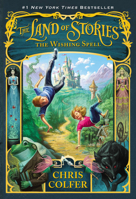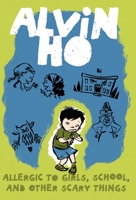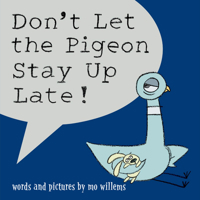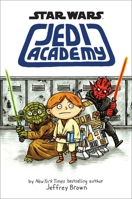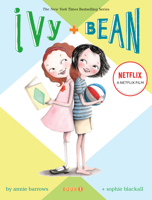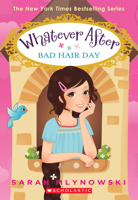Book Overview
Meet the princess who'd rather wear a suit of armor than a crown Princess Serena (or as she prefers, Princess Pulverizer) doesn't want to be a princess--she wants to be knight But her father, King Alexander of Empiria, thinks she still has a lot to learn when it comes to exhibiting valiant behavior. So he presents a challenge: the princess must first go on a Quest of Kindness and perform good deeds to prove that she truly deserves to go to knight school. With help from a friendly dragon named Dribble and a perpetually terrified knight-in-training named Lucas, can she complete her quest and discover what it really takes to be a hero?
Format:Paperback
Language:English
ISBN:0515158313
ISBN13:9780515158311
Release Date:January 2018
Publisher:Penguin Young Readers Group
Length:144 Pages
Weight:0.36 lbs.
Dimensions:0.5" x 5.1" x 7.5"
Age Range:6 to 8 years
Grade Range:Grades 1 to 3
You Might Also Enjoy
Customer Reviews
23 customer ratings | 5 reviews
There are currently no reviews. Be the first to review this work.











